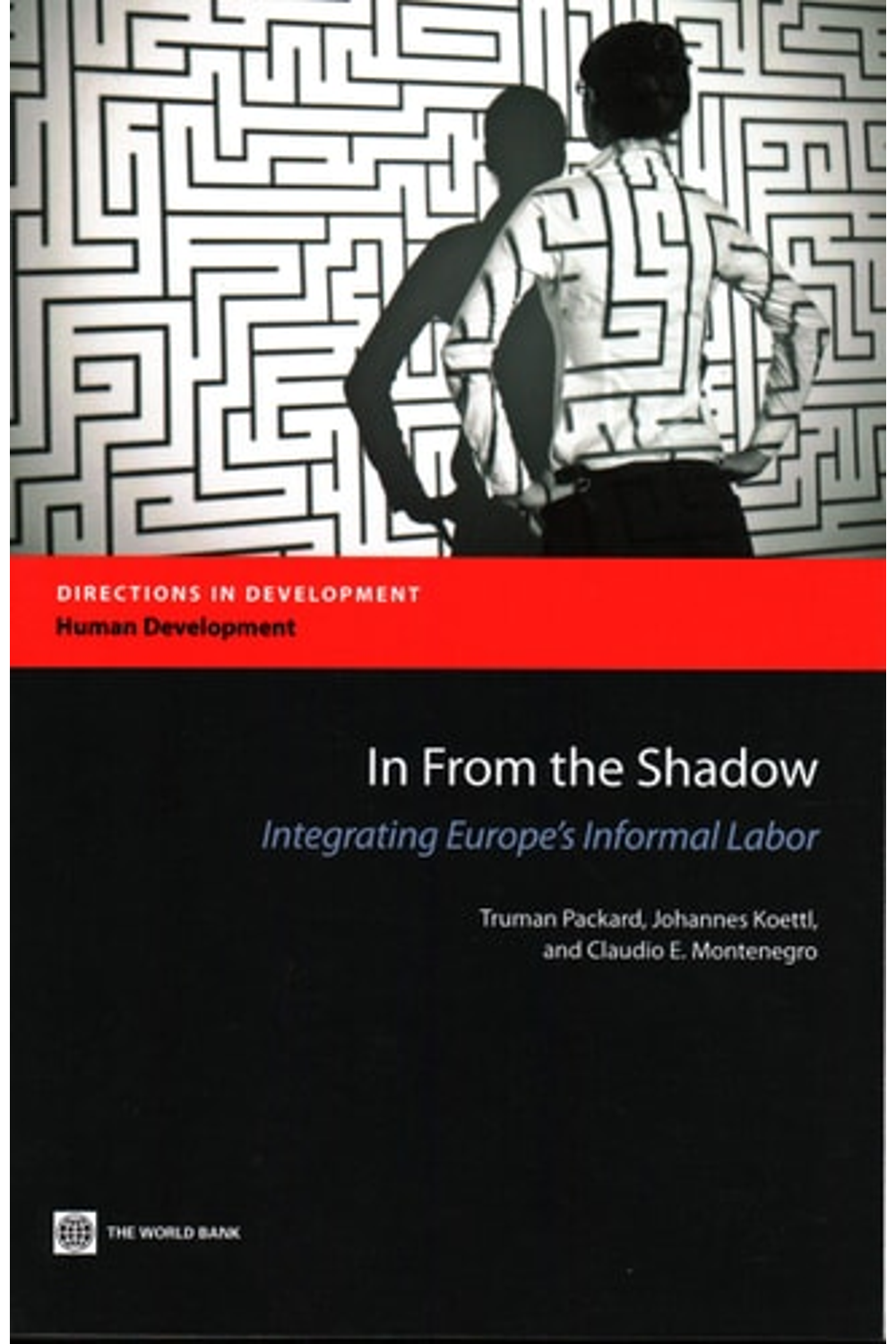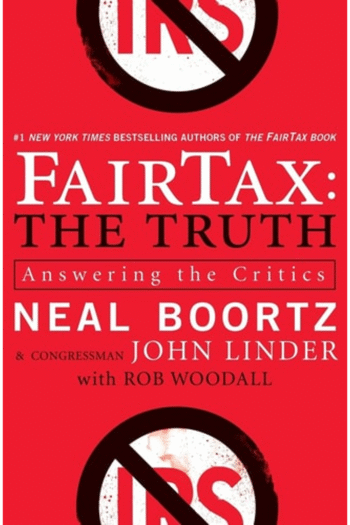“In from the Shadow: Integrating Europe’s Informal Labor” delves into the complex challenge of the shadow economy across Europe, with a focus on emerging economies. Authored by Truman G. Packard, Johannes Koettl, and Claudio Montenegro, this World Bank publication offers a pragmatic roadmap for policymakers seeking to formalize unregulated labor markets. Beyond the economic impact, the book explores the social implications of informal work. It investigates the precarious conditions faced by workers operating outside the formal system, lacking social protections and subject to inconsistent labor standards. Readers will gain a deeper understanding of the human cost of the shadow economy. This book offers a compelling analysis of the reasons behind the persistence of informal employment. It examines factors such as burdensome regulations, high tax rates, and weak governance structures that disincentivize formalization. The authors challenge conventional approaches, arguing that simply tweaking tax policies is insufficient. They advocate for a more holistic strategy that involves building trust between citizens and the state, improving public services, and promoting a culture of compliance. The book is renowned for its insightful case studies of successful and unsuccessful formalization initiatives from across Europe. These real-world examples illustrate the diverse challenges and opportunities that policymakers face. It is essential reading for economists, policymakers, and anyone interested in understanding the dynamics of labor markets in emerging economies. The authors’ balanced perspective, combining rigorous research with practical policy recommendations, makes this book a valuable contribution to the field. “In from the Shadow” has been described by reviewers as a timely and essential guide for navigating the complexities of the informal economy and promoting inclusive growth. Readers appreciate the book’s accessible writing style and its ability to translate complex economic concepts into actionable policy insights. If you are looking for a clear and concise overview of the shadow economy, then this is the book for you. It’s an ideal resource for researchers, students, and anyone interested in the dynamics of labor markets in emerging economies.
In from the Shadow: Integrating Europe’s Informal Labor (Directions in Development)
What to do about the extent of unregulated informal employment and the size of the shadow economy is a dilemma that has been gaining urgency, particularly in Europe’s periphery. The forces that accompany globalization put a premium on mobility and skill-renewal. Rapid population ageing will require that people work longer and be far more productive. To achieve this, social and economic institutions have to be more pro-employment, encouraging greater participation in the formal economy. And looking ahead, public financial resources will be increasingly scarce, giving urgency to measures that can significantly and sustainably increase tax revenue. This book is about workers in Europe who earn a living working full or part-time in untaxed markets for goods, services and labor. Their activities are not registered as part of the economy, and because they go unrecorded, they are also unregulated. This makes them illegal although not in essence criminal. Some call this the underground economy, black market or the shadow economy. Widespread informal employment in the shadow economy posses problems for individuals and their families, but it is also a problem for firms and society. This volume presents the rationale and steps policy makers in the EU’s newest member countries should take to bring as much economic activity in from the shadow economy as they can. The authors venture a general conclusion: Although it may be necessary to improve the structural incentives created by the structure of taxation, labor market regulation, and social protection policies, doing so is not sufficient to achieve real improvement. As important, is a government’s credibility in the eyes of working people in carrying out the states unique and critical role of providing and maintaining public goods. The process of improving governance and increasing institutional credibility is long and difficult, but key to changing the circumstances that lead people into the shadowy unregulated and untaxed markets. Deriving specific policy guidance and recommendations from rigorous analysis using administrative and unit-level survey data the book draws a set of general policy suggestions for EU members, old and new, as well as those who aspire to join the Union. Although aimed specifically at emerging Europe, this policy guidance will resonate with decision makers in middle and upper-middle income countries in other parts of the world.
- Additional information
- Currencies
- USD – United States dollar
- EUR – Euro
- GBP – Pound sterling
- CNY – Chinese yuan
- BRL – Brazilian real
- MXN – Mexican peso
- JPY – Japanese yen
- PHP – Philippine peso
- THB – Thai baht
- PLN – Polish złoty
- CAD – Canadian dollar
- MYR – Malaysian ringgit
- AUD – Australian dollar
- TWD – New Taiwan dollar
- CZK – Czech koruna
- SEK – Swedish krona
- HUF – Hungarian forint
- ILS – Israeli new shekel
- CHF – Swiss franc
- HKD – Hong Kong dollar
- DKK – Danish krone
- SGD – Singapore dollar
- NOK – Norwegian krone
- NZD – New Zealand dollar





